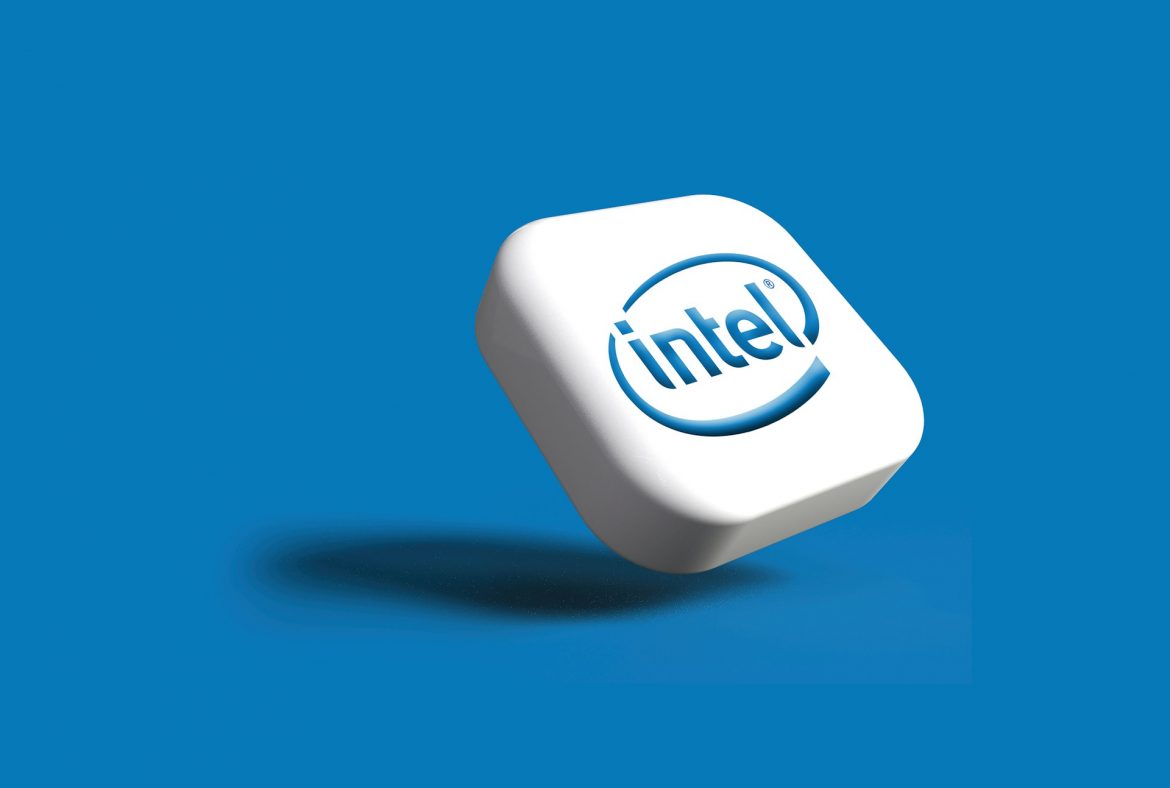The company will also have access to $11 billion in loans and tax breaks.
Being the White House resident generally grants a significant advantage during election times. The President of the United States, Joe Biden, is on a tour where official events have a campaign-like feel. Among them, this Wednesday, he took advantage of a visit to Arizona for one of his star announcements: incentives totaling $20 billion (just over €18 billion) for Intel to build four microprocessor plants in different states. The package includes $8.5 billion in direct aid and about $11 billion in favorable loans.
Biden has embarked on an economic policy with high doses of protectionism and economic nationalism, where subsidies and tax breaks are one of the main features. Through the CHIPS Act, he promotes investments in microprocessors; through the Infrastructure Law, he funds public works, mainly in roads and railways, and through the Inflation Reduction Act, he drives investments in renewables.
The CHIPS Act funding aims to increase the manufacturing, research, and development capacity of semiconductors in the United States, especially in cutting-edge microprocessors. It was passed with support from both the Democratic and Republican Parties partly as a response to the chip shortage caused by the pandemic. Bringing the supply chain closer became a strategic objective of industrial policy. This law supports the aid announced this Wednesday by the White House, in an event where Biden traveled to the plants that Intel is building in Chandler, Arizona, one of the six states considered decisive for the November 5 presidential elections.
Intel is the only American company that designs and manufactures cutting-edge logic chips. The proposed funding would help boost Intel’s semiconductor manufacturing and research and development projects in its Arizona, New Mexico, Ohio, and Oregon centers, where the company develops and produces some of the world’s most advanced semiconductor chips and packaging technologies.
The Department of Commerce has proposed direct funding of up to $8.5 billion. Intel also expects to benefit from an Investment Tax Credit (ITC) from the Treasury Department of up to 25% on more than $100 billion in qualified investments and the possibility of opting for federal loans of up to $11 billion.
These incentives support Intel’s previously announced plans to invest more than $100 billion in the United States over five years to expand the country’s chip manufacturing capacity and critical capabilities for economic and national security and the acceleration of emerging technologies, such as artificial intelligence.
Intel’s investments are expected to create more than 10,000 jobs within the company and about 20,000 construction jobs and support over 50,000 indirect jobs with suppliers and supporting industries, according to the company.
